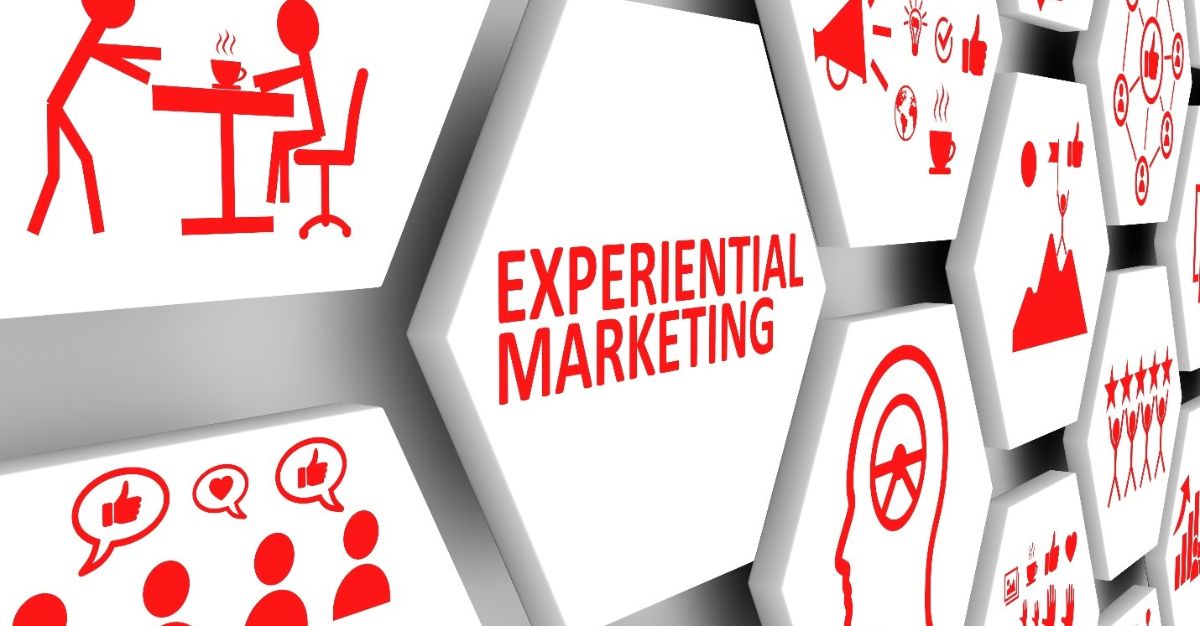Experiential marketing has emerged as a powerful strategy for brands seeking to connect with their audience in meaningful ways. Unlike traditional marketing, which often focuses on delivering a message through passive means, experiential marketing creates immersive experiences that engage consumers directly. These experiences allow brands to foster deeper connections with their audience, leading to increased brand loyalty and advocacy. In today’s fast-paced digital world, where consumers are bombarded with advertisements, experiential marketing offers a refreshing way to cut through the noise and create lasting impressions.
What is Experiential Marketing?
Experiential marketing is a strategy that engages consumers through immersive and interactive experiences that allow them to connect with a brand on a personal level. These experiences can take many forms, from live events and pop-up shops to virtual reality experiences and interactive installations.


Why are the Benefits of Experiental Marketing?
The benefits of experiential marketing are manifold. It enhances brand awareness by creating memorable experiences that people are likely to share with others. Moreover, it fosters customer loyalty by making consumers feel more connected to the brand. When people engage with a brand in a meaningful way, they are more likely to develop positive associations, leading to increased word-of-mouth referrals and repeat business. Ultimately, experiential marketing not only drives immediate engagement but also builds long-term relationships with customers.
3 Elements of Successful Experiential Marketing
To create impactful experiential marketing campaigns, brands must focus on key elements that resonate with their target audience. These elements help ensure that the experiences are engaging and memorable.


1. Interactivity
Successful experiential marketing campaigns create opportunities for audience participation. This could involve hands-on activities, games, or interactive displays that encourage consumers to engage directly with the brand. The more involved participants feel, the more likely they are to remember the experience and the brand associated with it.
2. Emotional Connection
Crafting experiences that evoke emotions is crucial for making them memorable. Whether it’s through humour, nostalgia, or inspiration, emotionally charged experiences can leave a lasting impression on participants. Brands that can tap into their audience’s feelings can create a deeper sense of loyalty and attachment.
3. Storytelling
Using compelling narratives enhances the overall experience and strengthens the connection between the audience and the brand. Storytelling can help contextualise the experience, making it more relatable and engaging. Brands should strive to weave their messages into the experiences they create, ensuring that participants leave with a clear understanding of what the brand stands for.
5 Examples of Companies Excelling in Experiential Marketing
Many companies have successfully implemented experiential marketing strategies that create memorable interactions and foster brand loyalty. Here are a few standout examples:
1. Nike
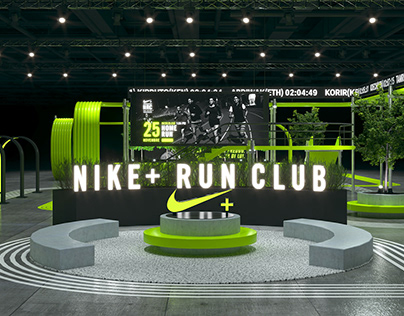

Nike creates immersive experiences through pop-up events and installations, such as the Nike Run Club, which offers guided runs in various cities, combining fitness with community engagement.
2. Coca-Cola
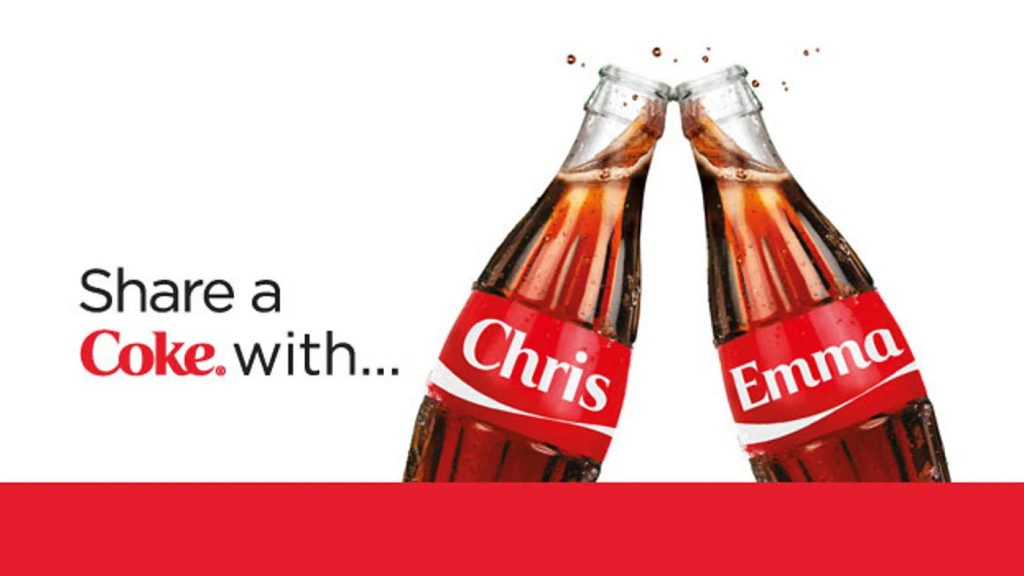

The “Share a Coke” campaign allowed customers to find bottles with their names, creating personalised experiences that encouraged social sharing.
3. IKEA


IKEA’s store layouts allow customers to envision how products fit into their homes, and events like “IKEA Sleepover” emphasise comfort and usability.
4. LEGO
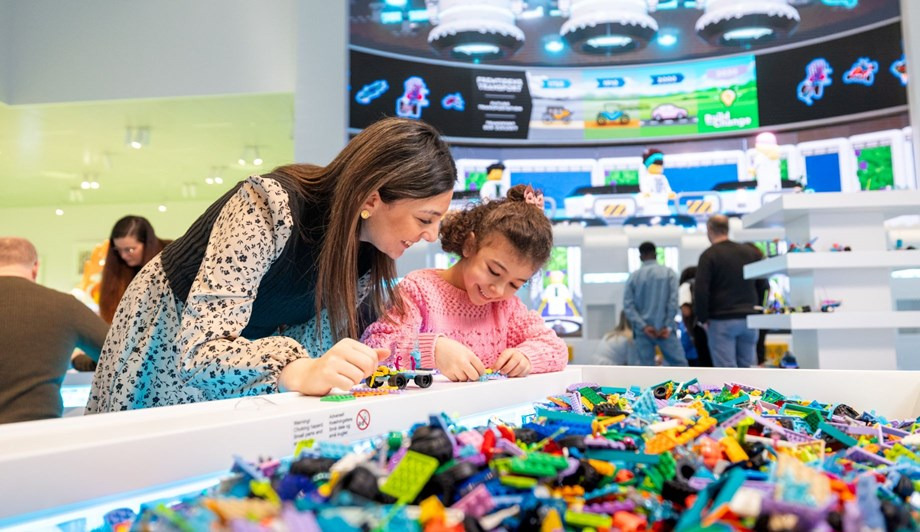

LEGO creates immersive experiences through its store events and LEGOLAND theme parks, engaging families and fostering a love for the brand.
5. Disney


Disney masterfully creates immersive environments in its theme parks, such as “Star Wars: Galaxy’s Edge,” allowing guests to step into their favourite movies.
These companies demonstrate the power of experiential marketing in creating memorable interactions, enhancing customer engagement and building brand loyalty.
3 Types of Experiential Marketing Campaigns
Exploring different types of experiential marketing campaigns can provide brands with inspiration for their own initiatives. Each type has its unique approach and benefits.
- Pop-up Events
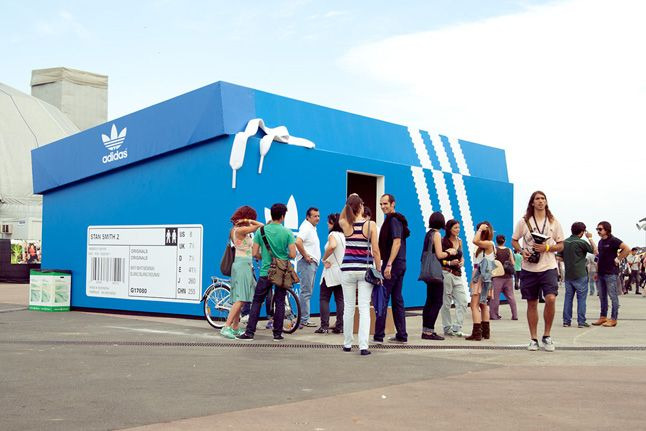

These temporary events create excitement and urgency, allowing brands to interact with customers in a unique and memorable setting. Pop-up shops or events can draw significant attention, especially if they incorporate elements that encourage social sharing, like exclusive merchandise or unique experiences.
- Virtual Experiences
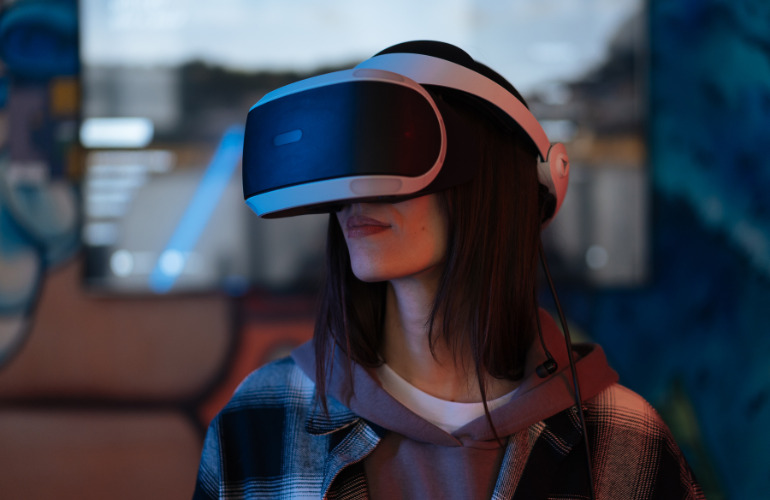

In today’s digital age, online immersive experiences have become increasingly relevant. Brands can engage audiences through virtual reality, augmented reality, or interactive online events, allowing them to connect with consumers regardless of location. This approach broadens the reach and inclusivity of experiential marketing.
- Brand Activations
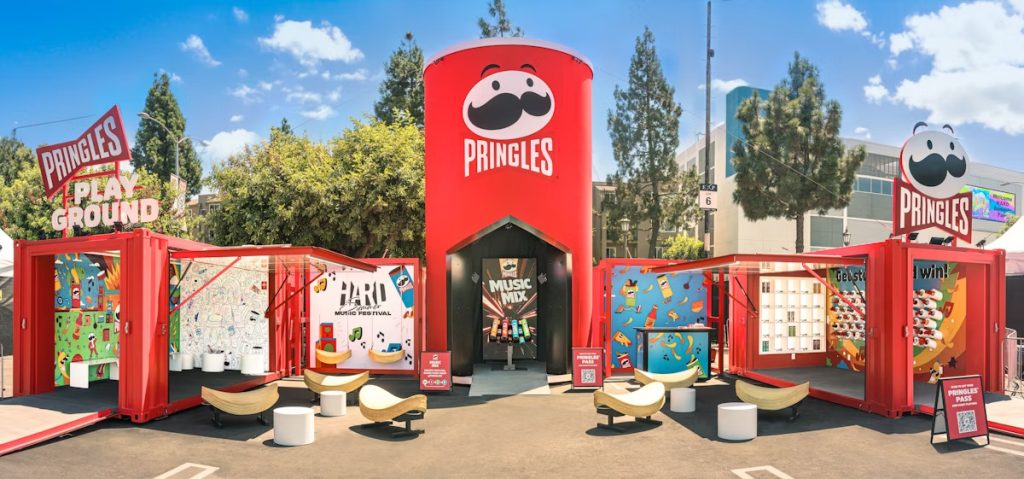

These interactive experiences are designed to engage consumers and create lasting impressions, often seen at festivals, trade shows, or public events. Brand activations are focused on creating an unforgettable moment for participants, often incorporating social media elements to amplify their impact.
Identifying Success in Experiential Marketing
To understand the effectiveness of experiential marketing campaigns, brands must focus on specific metrics that provide insights into engagement levels and overall success.
- Engagement Metrics
Tracking interactions during and after the experience is crucial for gauging audience engagement. Brands should measure social media shares, comments, and participant feedback to assess how well the campaign resonated with the audience. High engagement rates often indicate that the experience was successful in capturing attention and interest.
- Sales Impact
Analysing sales data before and after campaigns can provide insights into the direct impact of experiential marketing on revenue. If a campaign leads to a notable increase in sales, it suggests that the experience effectively engaged participants and encouraged them to purchase.
- Brand Awareness
Measuring changes in brand awareness through surveys or social media mentions post-experience can help brands understand the broader impact of their experiential marketing efforts. Increased brand recognition and positive sentiment indicate successful engagement.
Conclusion
Experiential marketing plays a vital role in enhancing customer engagement and building brand loyalty. By creating memorable and immersive experiences, brands can connect with their audience on a deeper level, leading to increased awareness, advocacy, and long-term relationships. Embracing innovative approaches to experiential marketing allows brands to stand out in a crowded marketplace, fostering meaningful connections that resonate with consumers. As brands look to the future, investing in experiential marketing will undoubtedly be a key strategy for driving engagement and achieving success.
1. Is Experiental Marketing Common In Malaysia?
Experiential marketing is increasingly popular in Malaysia as brands seek more interactive ways to engage consumers. Key factors driving this trend include:
- Urbanisation and Consumerism: The growing urban population in cities like Kuala Lumpur creates a demand for innovative marketing that captures attention.
- Cultural Events and Festivals: Malaysia’s rich cultural diversity offers brands opportunities to connect with consumers through experiential campaigns tied to local traditions.
- Social Media Influence: With the rise of social media, brands focus on creating shareable experiences that generate buzz and reach wider audiences.
2. Can Experiential Marketing Be Effective For Small Businesses?
Yes, experiential marketing can be highly effective for small businesses. By creating unique and engaging experiences tailored to their local audience, small businesses can foster strong community connections and build brand loyalty. Even on a limited budget, small businesses can implement creative experiential marketing strategies, such as hosting local events or pop-up shops, to make a significant impact.
3. How Can Experiential Marketing Benefit My Brand?
Experiential marketing offers several benefits, including increased brand awareness, enhanced customer engagement, and stronger emotional connections with consumers. By creating memorable experiences, brands can differentiate themselves from competitors, drive social media sharing, and ultimately increase sales and customer loyalty. These campaigns can lead to lasting impressions that go beyond a single transaction.
